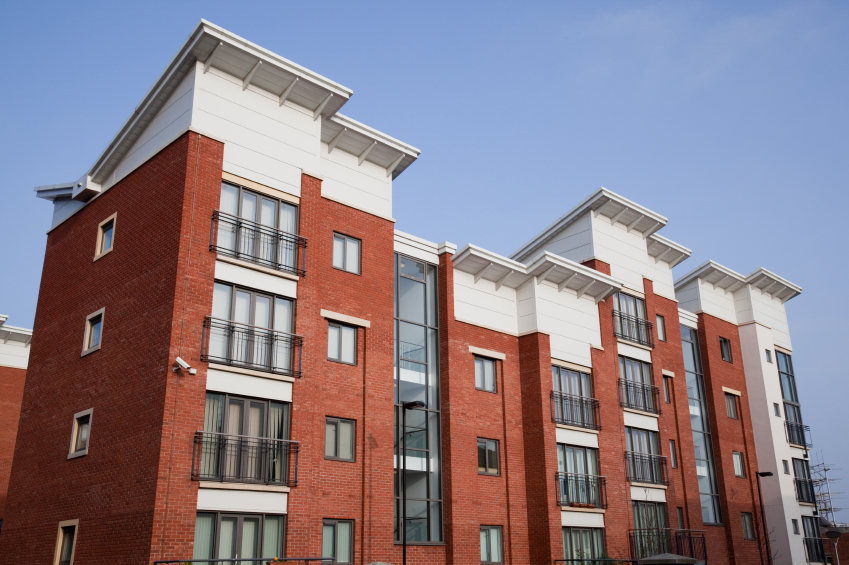How To Get an Investment Property Loan
They say that saving the first million is the hardest. The same may hold true for buying your first investment property. Many people entertain the idea of owning an investment or rental property, but for most, that’s where it ends. However, if you are serious about investing in this lucrative market, and looking to buy an investment property, there are some things you should be aware of upfront to make this process go as smoothly as possible.
For many, the process of acquiring financing for their first investment property can be a scary proposition. The first things you need to address are your credit rating, net worth, and cash liquidity. Lenders typically want to see credit scores above 680, net worth equal to the loan amount and excess cash liquidity for reserves after the down payment and closing costs. Since the real estate crash of 2008, the days of purchasing an investment property with a very low down payment are over. Lenders want to see that you are committed to the project and that you have reserves to weather a storm if times get rough.
Before You Find Your Investment Property
If you haven’t already, now is probably a good time to pull your credit report. There are many free credit reporting companies on the web that will provide your credit scores at low or no cost. You should know your credit scores before approaching a realtor or lender. If your credit report shows anything derogatory, you should attempt to clear everything up before proceeding with a loan application. You should also discuss your plans with your accountant or tax advisor as real estate ownership requires adequate tax planning. Your accountant will discuss the best method of ownership with you to minimize your tax liability. The next step is to adequately determine your available down payment and the maximum purchase price you can adequately afford. Many first time buyers reach too high and try to acquire a property that they can not afford. You need to be realistic in today’s market, as lenders will not be as aggressive as they were in the past. A good commercial mortgage broker can assist you in determining the right range to consider based on your qualifications.
Find Your Investment Property
Before beginning your search, you should determine your investment goals and your investment time horizon. Are you looking to start small and trade up to a larger property? If yes, then you will want to consider a short term loan of maybe 3-5 years. Are you looking to buy a property and hold long term? If yes, you might want to consider a 10 or even 15 year fixed rate. Are you interested in an apartment property with residential tenants or a commercial property with commercial tenants? You should try to organize all of your plans and goals and set out to find a good realtor that specializes in investment properties. The realtor should help you find properties that meet your goals.
Financing Your Investment Property
Once you have found the right property you will need to discuss your financing options with a professional commercial mortgage broker. Unlike a typical home loan, commercial mortgages come in all shapes and sizes with terms which need to be addressed well beyond rate. Some of the terms to be negotiated are: fixed rate period, amortization, maximum loan proceeds, down payment, prepayment penalty, guarantees, loan to value ratio, debt service coverage ratio, loan fees, closing costs, and closing conditions. A competent commercial mortgage broker will explain all of these items and not just quote you a “rate”.
Final Thoughts
As you explore and look at potential properties to purchase, it is important to speak to others with experience and ask as many questions as possible. Your realtor and accountant should be consulted often during this process. Make sure to visit the property and “kick the tires”. Ask questions of the seller. Make sure to carefully review the property’s operating statements and current rent roll. Walk away if the answers to your questions don’t make sense or if the numbers supplied can’t be corroborated. Most importantly, make sure to consult your commercial mortgage broker. He will have the experience to determine if the property you are considering is the right choice for you.
You can find more information on commercial mortgage loans here.


